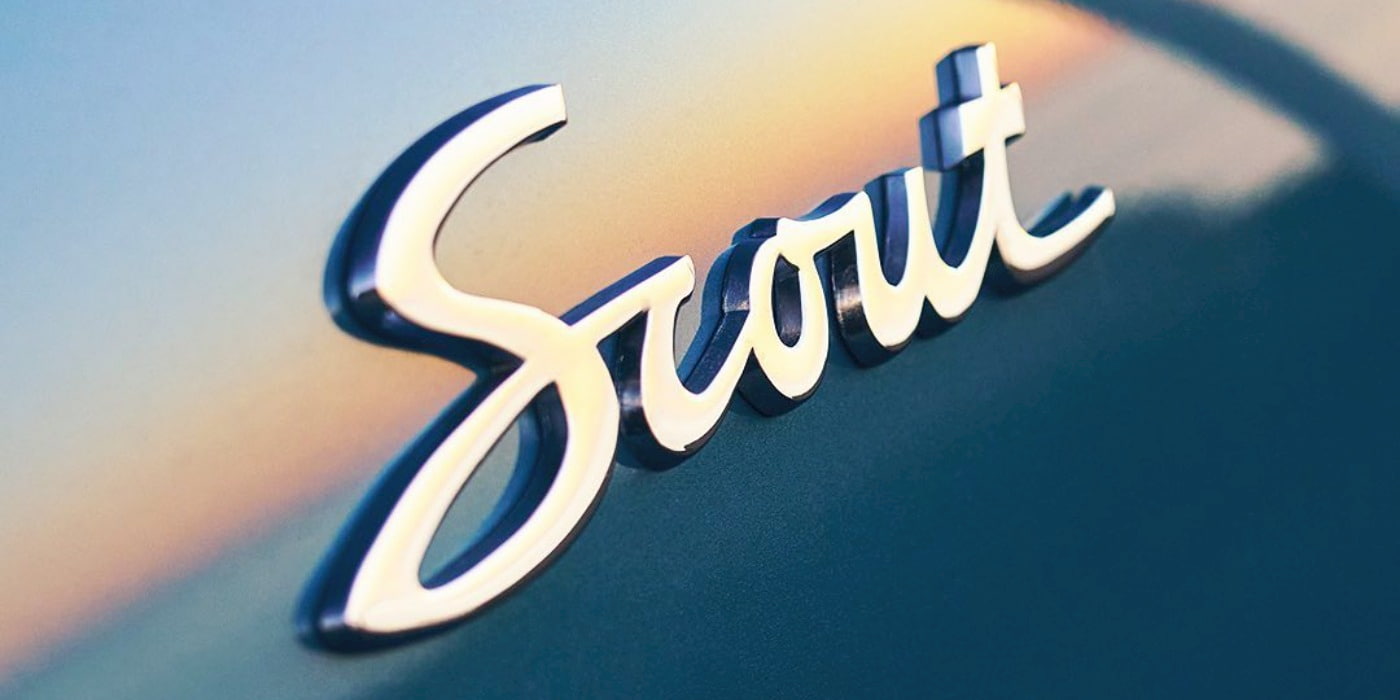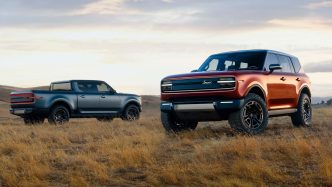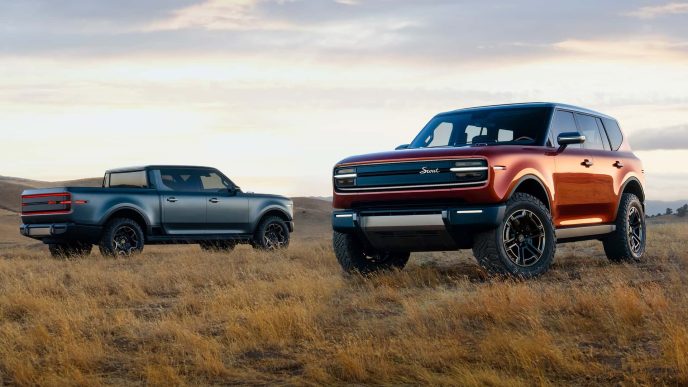Volkswagen has officially stated that it will not be introducing a pickup truck under its brand in the United States, redirecting attention to the launch of a new electric pickup from its off-road Scout brand.
Speaking to MotorTrend at the Chicago Auto Show, Pablo Di Si, CEO of Volkswagen Group America, confirmed, “It is not in the plans anymore,” referring to the Volkswagen-branded pickup truck for the US market.
Despite previous plans, Volkswagen’s collaboration with Ford in 2020 to develop a medium-sized pickup will not see a US launch. The Volkswagen Amarok, built on Ford’s latest Ranger model, remains available in Europe, Asia, and Africa, but not in North America.
See also: Scout Motors Plans Major Expansion with Innovation Center in Michigan for Electric Truck Development
Disappointingly for some, the anticipated release of a VW “Ranger” version of the Amarok in the US did not materialize, following the breakdown of negotiations.
Volkswagen had also teased the Tarok pickup concept in 2019, questioning the readiness of the American market for a smaller pickup. However, the Tarok, based on the Atlas and Tiguan chassis, remains exclusive to South America and will not enter the US market.
Despite shelving plans for a Volkswagen-branded pickup, the company is gearing up to launch a truck in the US under its recently acquired Scout brand, which will be electric.
See also: Scout Motors Teases Debut of Electric Vehicles in Summer 2024
Scout brand CEO Scott Keogh affirmed plans to revive the Scout brand, renowned for its rugged SUVs, in an electric incarnation. Keogh stated, “Since Scout was iconically a rugged SUV brand, that’s what we’ll bring to life.”
Keogh emphasized that Scout’s electric vehicles will be tailored specifically for the US market, featuring a unique platform engineered from scratch, separate from Volkswagen’s MEB platform.
Scout is poised to unveil its first electric truck and SUV in the third quarter of this year, with designs nearing completion. Construction of Scout’s assembly plant in South Carolina is set to commence early this year, aiming for an annual production capacity of 200,000 electric vehicles by 2026, with deliveries to follow shortly after.






